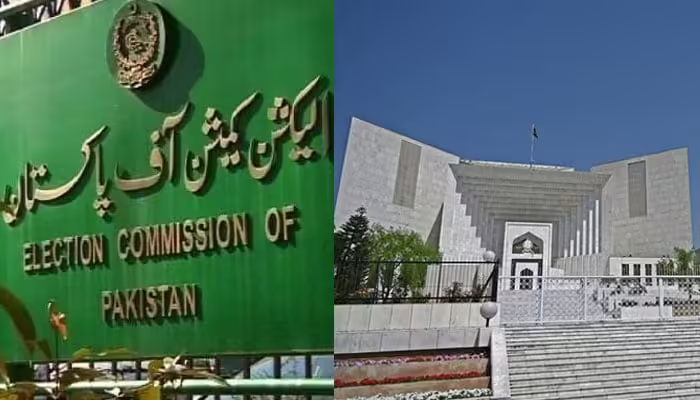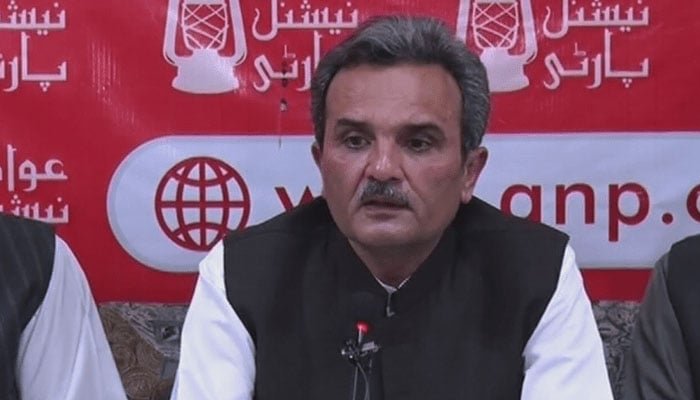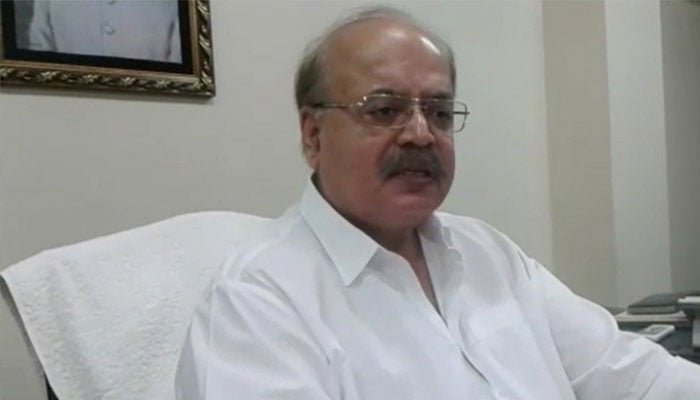The Election Commission of Pakistan (ECP) has decided to challenge the recent decision of the Supreme Court regarding the allocation of reserved seats. According to sources, the ECP will be filing a review petition today, contesting the Supreme Court’s ruling that has sparked significant political discourse.
Background
The controversy centers around the allocation of reserved seats for women and minorities in the National and Provincial Assemblies. Reserved seats are allocated to political parties based on their overall performance in general elections, ensuring representation for women and minorities. This mechanism is crucial for promoting inclusive governance and ensuring that marginalized groups have a voice in legislative processes.
Supreme Court’s Decision
A 13-member bench of the Supreme Court recently issued a ruling that overturned previous decisions by the Election Commission and the Peshawar High Court. The court’s verdict granted certain reserved seats to the Pakistan Tehreek-e-Insaf (PTI) party, which had sparked discontent among other political factions. The Sunni Unity Council had initially filed the petition, which led to this landmark decision by the apex court.
Reaction and Review Petitions
The Supreme Court’s decision has been met with resistance from various political quarters. The Pakistan Muslim League-Nawaz (PML-N) had already filed a review petition against the decision. Additionally, some members who were elected on these specific reserved seats have also submitted their review petitions, expressing their disagreement with the Supreme Court’s judgment.
Election Commission’s Stand
The ECP’s decision to file a review petition marks a significant move in this ongoing legal and political battle. The ECP, which is responsible for overseeing elections and ensuring fair representation, has contested the Supreme Court’s ruling, arguing that it disrupts the intended balance of representation. The ECP’s petition aims to revisit and potentially overturn the Supreme Court’s decision, which they believe undermines the principles of proportional representation and fairness in the allocation of reserved seats.
Political Implications
The outcome of this review petition could have far-reaching implications for Pakistan’s political landscape. If the Supreme Court’s decision is upheld, it would mean a shift in the composition of the reserved seats, favoring PTI. This could strengthen PTI’s position in both the National and Provincial Assemblies, altering the dynamics of legislative decision-making.
Conversely, if the review petition is successful, it could restore the previous allocation of seats, providing relief to the opposing parties and maintaining the status quo. This legal tussle underscores the importance of judicial interpretations in shaping the political representation and power structures in the country.
Broader Context
This development is part of a broader context of political contestation and legal battles in Pakistan. The allocation of reserved seats has historically been a contentious issue, with various political parties seeking to maximize their influence through these allocations. The current scenario highlights the challenges faced by the Election Commission in navigating these complex dynamics while striving to uphold democratic principles and ensure fair representation.
The Election Commission’s decision to file a review petition against the Supreme Court’s ruling on reserved seats is a significant step in the ongoing political and legal discourse in Pakistan. As the ECP prepares to present its case, the country watches closely, understanding that the outcome will impact the representation of women and minorities, the balance of power among political parties, and the integrity of the electoral process. The resolution of this issue will be a crucial determinant in the evolving narrative of Pakistan’s democracy and governance.



